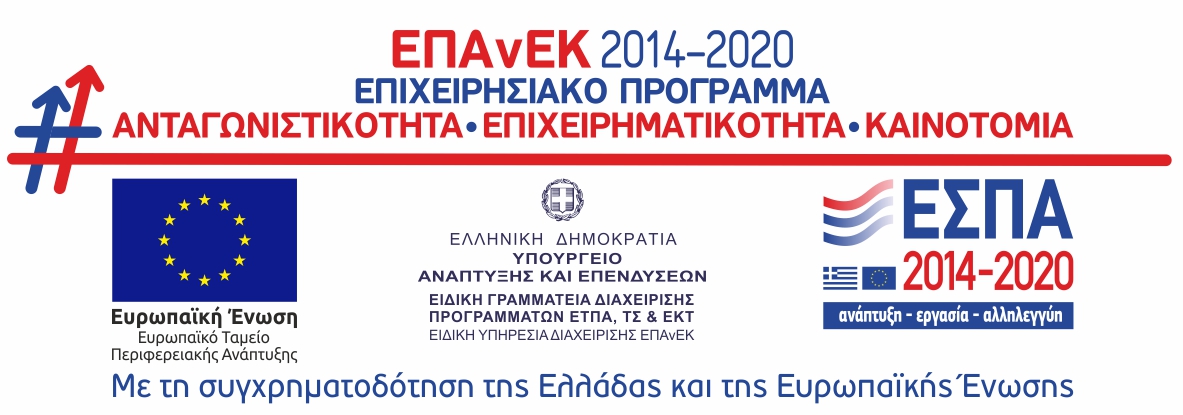The Athens Marathon. The one and only, the original race named after a town in Greece that sounds oddly similar to Maradona (conspiracy theories welcome). But of course, Marathonas isn’t just the name of a town and the name of a race. No, Marathon is something more. Marathon represents the turning point in western civilization when the forces of good came up victorious against the Persians; a victory that would subsequently unfold the greatness of classical Greece, and by extension the rest of the world.
Historians have long argued that had Athens suffered defeat, the world would be a vastly different place. There would be no golden age of Athens, with everything that entailed (off the top of my head I can cite mathematics, philosophy, architecture, democracy and I’m almost certain no theater and the arts) and most probably no renaissance. Folks, we’d probably still be in the middle ages had Phidipides not managed to cover the 42 kilometres from Marathon to Athens to warn of the impending hordes of Persian ships making their way to the Attica basin and Salamina in particular.
For it’s the battle of Salamina that decided the fate of the world as we know it. Naturally, a shout out to Themistocles is in order. The genius warrior statesman (aptly portrayed by Sullivan Stapleton in the movie 300: Rise of an Empire) devised a cunning plan to outmaneuver the vast Persian fleet and kettle them inside the straits of Salamina in an orgy of naval superiority (fun fact: archaeologists are slowly uncovering the sediment layers of Salamina harbor to find tangible evidence form the battle).
So, when you’re in Athens to celebrate this year’s Classic Athens Marathon, and you’re passing the statue of Phidipides on Marathonos Avenue remember just what the race stands for. One can only imagine where we’d be if not for Phidipides.




